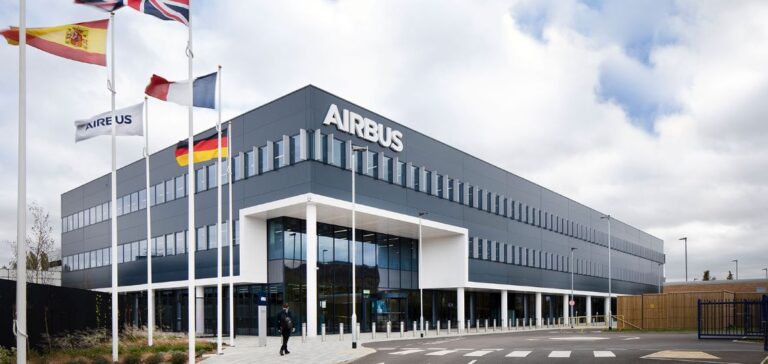Airbus is revising its trajectory for the hydrogen-powered aircraft project, initially scheduled to enter service by 2035. The European aircraft manufacturer admits that the necessary technological advancements are progressing at a slower pace than anticipated. While the goal of commercializing a hydrogen-powered aircraft remains intact, the roadmap is being adjusted due to technical constraints and market maturity.
Development Slowed by Technological Barriers
Hydrogen is often presented as an alternative to kerosene in aviation, but its implementation poses significant challenges. One of the main obstacles lies in fuel storage and distribution. Liquid hydrogen must be kept at -253°C and stored in cryogenic tanks, which are four times larger than those used for kerosene. Airbus continues to explore these solutions, but integrating this technology into a commercial aircraft remains complex.
An Uncertain Timeline
According to the Force Ouvrière (FO) union, Airbus has postponed the launch of its first commercial hydrogen-powered aircraft by five to ten years and reduced the program’s budget by 25%. However, the manufacturer has contested this claim, stating that its decarbonization strategy remains unchanged. A company spokesperson clarified that Airbus is adjusting its plans based on technological advancements and the availability of hydrogen produced from renewable sources.
Testing and Strategic Adjustments
In 2022, Airbus announced its intention to test a hydrogen-powered engine on an A380. However, FO claims that this project has been canceled, though the manufacturer has not confirmed this information. Meanwhile, Airbus continues to explore alternative solutions, such as optimizing sustainable aviation fuels (SAF), which are seen as an immediate lever for reducing aviation emissions.
Potential Impact on Employment
The evolution of the program raises concerns about its social impact. FO has requested that management clarify the consequences of these adjustments on employment and present these details to employee representatives. Airbus assures that every decision considers its workforce and the broader economic environment.
Outlook for the Aviation Sector
The goal of carbon neutrality by 2050, set by the International Civil Aviation Organization (ICAO), requires industry players to diversify their approaches. While hydrogen remains a promising technology, Airbus is adapting its strategy to industrial realities while continuing to explore complementary solutions.






















